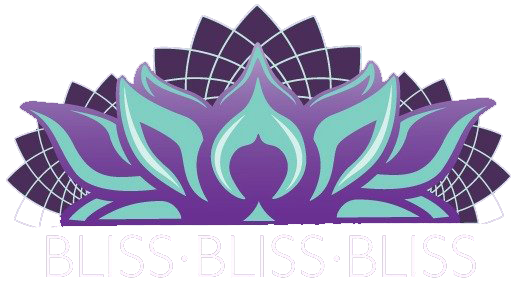Yoga is much more than an activity; its a way of life. Some think Yoga is a religious practice, and this is because people who do practice are hooked for life. When one finds yoga they feel empowered by ancient poses, and challenged by their body’s limits. They soon realize that it’s not about the physical asanas, but the lessons that are gained from practicing them. Before the asanas were created, in the 8 limbs of yoga, the Yamas and Niyamas were the first branches of the tree. Yamas are guidelines for ethical standards and moral conducts. These lessons are not only for our own personality check, but a way to treat all those around us. Niyamas are observances which help us maintain a harmonic life.
Shaucha (purification/ cleanliness)
Sure some people who do Yoga are are the granola- detox my body with purified water – type, but Saucha is more than our body’s diet. Not to say that it doesn’t mean to keep your body’s internal cleanliness in mind. What we put in, food, drinks, drugs, all effect our inner and outer beings. Mental purity is also important; thoughts and feelings can alter our mind’s cleanliness. By keeping our thoughts and intentions positive then we can have and enjoy our emotions for what they are. Then there is purification in our physical environment, home, car, work, hang-out spots, etc. Keeping these environments clean and positive will aid you in your goal of Shaucha.
Santosha (contentment)
The Niyamas always appear to be a simple and well known codes of conduct, but the weight that they carry! Contentment is being happy for what you have, however it is also not coveting the lives or possessions of others. Happiness in material objects is only temporary yet hard to remember to practice Aparigraha when something we treasure is lost, broken, or needs to be upgraded. The truth is that without phones, computers, TVs, and frozen pizza, we will in fact be well and alive. Remembering how difficult life used to be for furless humans quickly puts into perspective how fortunate we are. In reality, we are who we are and it’s best to be content and in harmony ourselves.
Tapas (asceticism)
What else could make us the true outstanding citizen we wan to be but fire! The fire that is our will power; the energy that encourages us forward and with strength! This fire not only carves out roads to possibilities, but it burns away our negative Karma. Tapas is not just will power, but the will power behind self-discipline. This is the practice to overcome conditioned responses and thoughts. These conditioned responses can be anything lashing out, or recoiling; the moments when we are no longer in control of our emotions and behaviors.
Svadhyaya (self-study)
Tapas helps us control our reactions, however knowing truth behind our reactions is Svadhyaya. It is challenging to see yourself in a neutral eye without prejudice. For instance, many people tend to react or become angry when a stressful situation comes up. Typically we would just react and let it be and accept that we were just in our reaction. Svadhyaya helps us see that we reacted such a way because we were confused and unknowing about this issue, not to accept but notice our behavior and decide from there who we want to be rather than accepting this is who we are. From here we can acknowledge our higher calling and allow balance to be part of our lives.
Ishvara Pranidhana (devotion)
Ishvara means God or Higher Power and Pranidhana means devotion. This does not mean you need to quit your day job and become a Priest or Nun. It’s giving you the opportunity to surrender yourself to God, the Universe, etc., and to be humbled by the larger world beyond our own body and mind. Recognizing that we are one with the Devine can be so empowering! We are created in the image of God and therefore we have her/him in us there fore we are her/him. When we surrender with our heart we are able to embody Ishvara Pranidhana, surrendering to universal love.
By incorporating these principles into our lives we can simultaneously remove stress and unease from our bodies and minds; a road to harmony, peace, and acceptance of reality.
By Nadia Pinna
